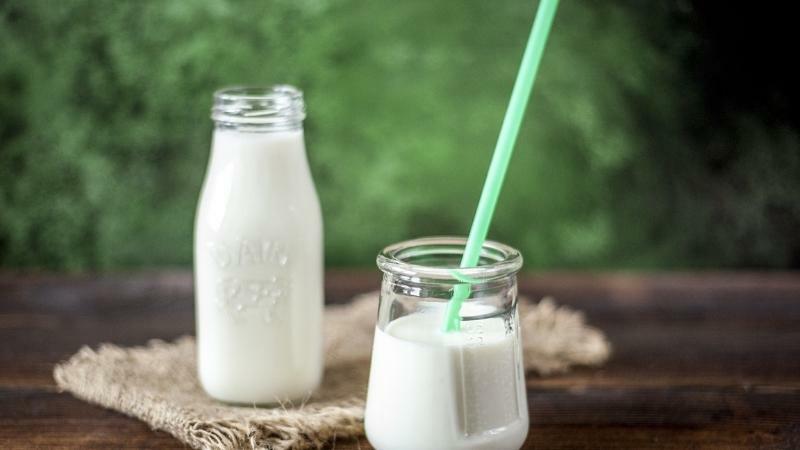Do you hack and wheeze your way through every spicy meal? You’re not the only one – spicy food can turn the biggest pepper lovers into a sputtering mess.
But why does your body react this way, and what can you do to enjoy the heat without the coughing fits?
The burning sensation from compounds like capsaicin tricks your body into thinking it’s literally on fire. Your respiratory system freaks out and tries to extinguish the imaginary flames by secreting mucus and coughing.
While you can’t eliminate the effects entirely, you can minimize coughing with milk, bread, antihistamines, hard candy, and other remedies.
In this article, we’ll explore:
- Why exactly spicy food irritates your throat
- Tips to stop coughing when you eat chili peppers
- How to build tolerance gradually
With the right strategies, you can savor that beloved spicy thrill without hacking up a lung! Let’s look at how to comfortably embrace the heat.
Why Spicy Food Attacks Your Airways
First, we need to understand what’s happening in your throat when
That burning sensation comes from compounds like capsaicin found in chili peppers. When it hits your taste receptors, your body thinks you’re literally on fire.
To protect itself, your respiratory system secretes extra mucus and kicks into coughing overdrive trying to expel the “threat.”
Other cough-inducing culprits in spicy food include:
- Black pepper – contains piperine that activates cough reflex
- Ginger, horseradish, mustard – contain pungent compounds
- Acetic acid, citric acid – commonly added acids that can irritate
So essentially, your body freaks out and tries to extinguish the imaginary fire storm in your throat. Not a great combo when you’re just trying to enjoy some spicy fries.
Cause and Effect of Spicy Food and Coughing
The relationship between consuming spicy food and subsequent coughing is an excellent example of cause and effect.
The spicy compounds present in certain foods serve as the cause, triggering a series of biological effects that result in coughing. Here’s a closer look at this cause and effect sequence:
Cause:
- Ingestion of capsaicin, piperine, gingerol, mustard oils, etc. found in spicy foods
Effects:
- Activation of nervous system receptors that sense heat and pain
- Increased secretion of mucus in the throat and nasal passages
- Swelling of throat tissue
- Irritation of the larynx and vocal cords
- Stimulation of the cough reflex
Result:
- Coughing as the body tries to expel or clear perceived irritants
This cause and effect relationship is highly predictable and reproducible. The severity of the coughing effect depends on:
- Amount of spicy food consumed
- Level of “heat” in the dish
- Individual tolerance levels
But generally, ingesting spicy foods leads directly to coughing in most people. Careful consumption and cough remedies can help mitigate this cause and effect chain.
So in summary, spicy compounds cause neurological and physical irritation that then result in coughing – a textbook example of cause and effect!
Tips to Stop Coughing from Spicy Food
Luckily, with the right techniques, you can still enjoy the thrill of spicy flavor without the coughing fits:
Drink Milk

Chugging milk is the classic remedy because dairy proteins bind with capsaicin, effectively extinguishing the fire. Any non-water beverage can help, but milk is best.
Eat Carbs
Bread, crackers, or other bland carbs soak up pepper oils. Starch absorbs capsaicin so it doesn’t irritate your throat.
Add Acid
Squeeze fresh lime or lemon juice on spicy food. Acids break down the volatile compounds that cause coughing.
Use Less Spice
Obvious but important! Build up your tolerance gradually if you love the thrill of heat.
Avoid Inhaling
Don’t breathe in
Take an Antihistamine
Allergic reactions worsen spicy coughs. Antihistamines can help calm the reaction.
Suck on Hard Candy
Allows saliva to wash away irritants. Mint helps soothe your throat.
Handling Spice Sensitivities
Some people are extra sensitive to the cough-triggering effects of spicy food due to factors like:
- Acid reflux –
spice exacerbates symptoms - Allergies – allergic reactions worsen coughing
- Overeating – too much food means more irritation
If you’re prone to
For those with chronic cough or digestive issues, avoid extra hot sauces and powders that can further inflame. Milder forms of
Savoring Spice Without the Cough
With the right strategies, you can enjoy that spicy kick without the unwanted side effects. Sip milk or water, have bread nearby, and ease up on the Sriracha until your tolerance builds.
And if an occasional coughing fit still occurs, embrace it as proof you’re truly living la vida loca! Just keep your trusted cough remedies close at hand.
With my tips, you can confidently indulge in spicy foods without all the unpleasant choking and hacking. Let me know if you have any other successful remedies for stopping
Sources





